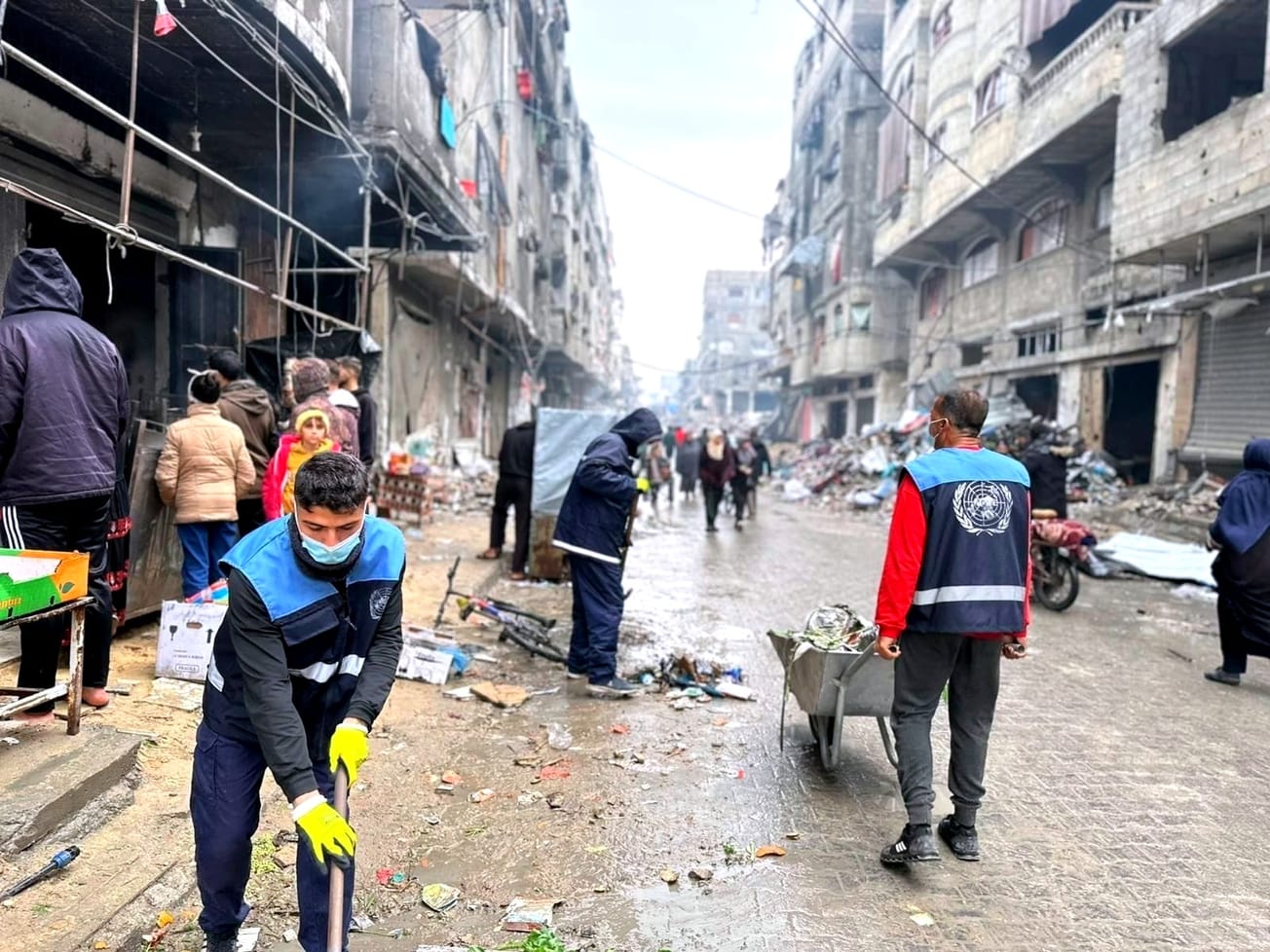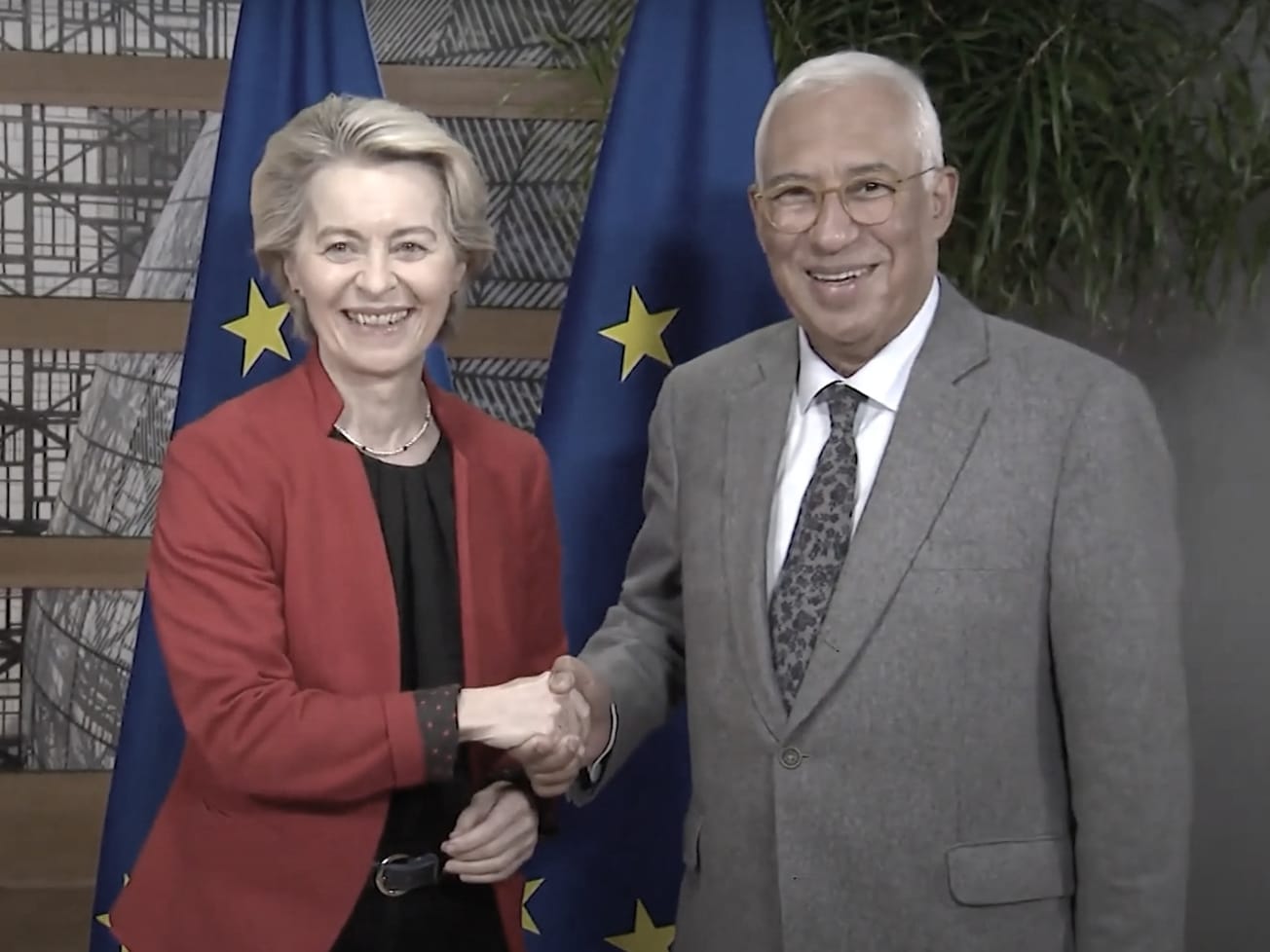GENEVA (AN) — The United Nations settled a long-running case of retaliation against a former U.N. investigator, acknowledging it caused her professional and personal hardships.
A joint statement from the Office of the U.N. High Commissioner for Refugees and the whistleblowing former U.N. investigator, Swiss-based Caroline Hunt-Matthes, said the parties reached "a mutually satisfactory settlement" on Monday in the 15-year retaliation case.









